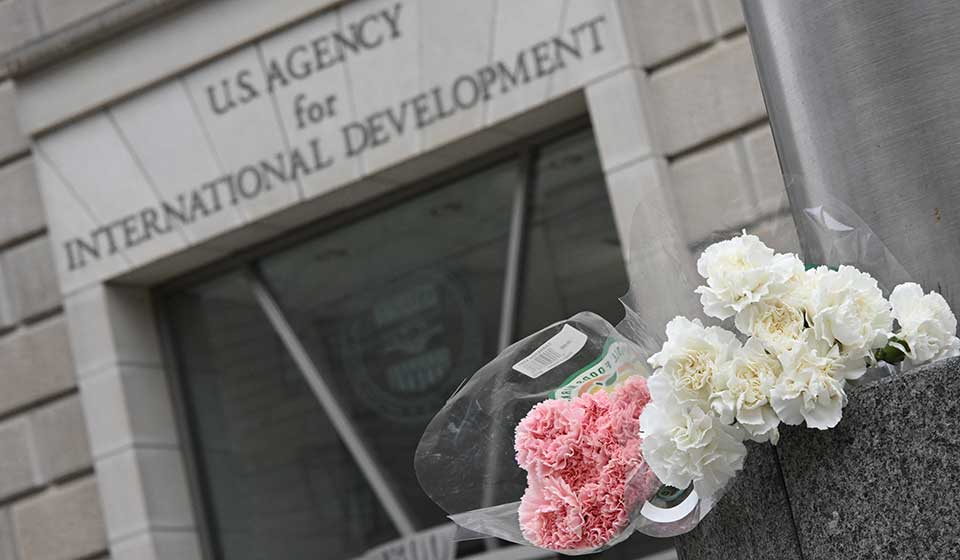
By Felix Brender 王哲謙
If former British Prime Minister Harold Wilson thought a week was a long time in politics, a single day in Trump’s America now feels like a political eon. This column was originally meant to dissect the implications of U.S.-Russia rapprochement after Trump’s public humiliation of Zelensky in Washington last month, returning to a Yalta-esque realignment with Putin, crushing Beijing’s hopes of having a halfway steady partner in Moscow. But then the news cycle threw in the twist of Trump and Zelenskyy talking again.
Yet, the spectacle is one tile in the larger mosaic of Trump’s America retreating from the world that Washington spent decades constructing. Nowhere is this shift more immediately palpable to the Global South than in the devastating end of USAID.
Stateside, of course, thousands of jobs vanished overnight, particularly among a political demographic long skeptical of U.S. interventionism (with far-left Jacobin magazine practically popping champagne, celebrating the demise of aid as a tool of hegemony).
Meanwhile, outside the Beltway bubble, the abrupt withdrawal of critical medical support for HIV, malaria, and Ebola prevention, as well as basic subsistence aid, is now threatening the lives of hundreds of millions and destabilizing peace in regions where it took decades to build.
Many have seen this as yet another moment in which the U.S. cedes ground to China. They are probably not wrong. The real question, however, is whether China is even interested in filling Washington’s shoes. Emerging evidence suggests not.
Chinese “aid” tends to be infrastructure-heavy, invariably benefiting Chinese actors in some form or another, as Beijing readily admits. Bridges, roads, railways—yes. Free-flowing humanitarian assistance? Less so.
While assessing the true scope of aid is difficult, one striking contrast is illuminating: over the past six decades, China has sent a total of 30,000 doctors abroad—combined. That’s dwarfed by hundreds of thousands of healthcare workers dispatched from the U.S. across multiple programs in that same period, and that’s not counting local experts trained and funded.
PEPFAR alone, for instance, provided lifesaving antiretrovirals to more than 20 million HIV-positive people before Trump. Whatever Washington’s motives, U.S. policymakers before Trump understood that a sizable modicum of generosity was necessary to maintain the “Global Leader” badge. China does not view it that way. Ironically, Trump’s mercantilist attitude vis-à-vis international affairs isn’t all that different from Zhongnanhai’s approach.
Nor is China itself immune to domestic political turmoil. This week’s round of arrests, framed as an anti-corruption drive among China’s military elite, is just the latest reminder that for Beijing under Xi, erratic domestic politics has been a quotidian constant, further reducing China’s likelihood (and availability) to throw itself headlong into global philanthropy.
While U.S. leadership has, quite rightly, faced withering critique for its many misadventures and failures, the Global South—like the rest of the world—is now grappling with the consequences of Trump’s America tearing up the unspoken gentleman’s agreements that underpinned the post-Cold War order.
It may be dawning on the world that a post-Pax Americana Earth is not one of (Chinese-led) boundless prosperity but one where a ruthless ‘business jungle’ determines the fate of nations and peoples, especially across the Global South.
Felix Brender 王哲謙 is a PhD candidate at the London School of Economics & a project associate at LSE Ideas.










